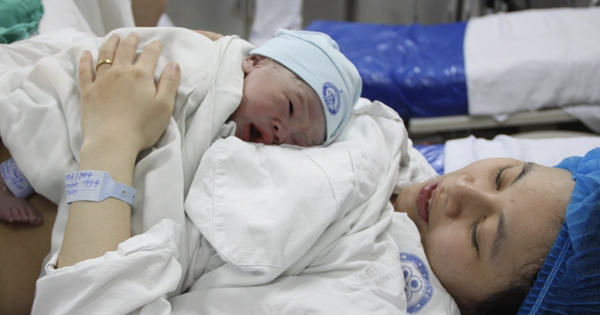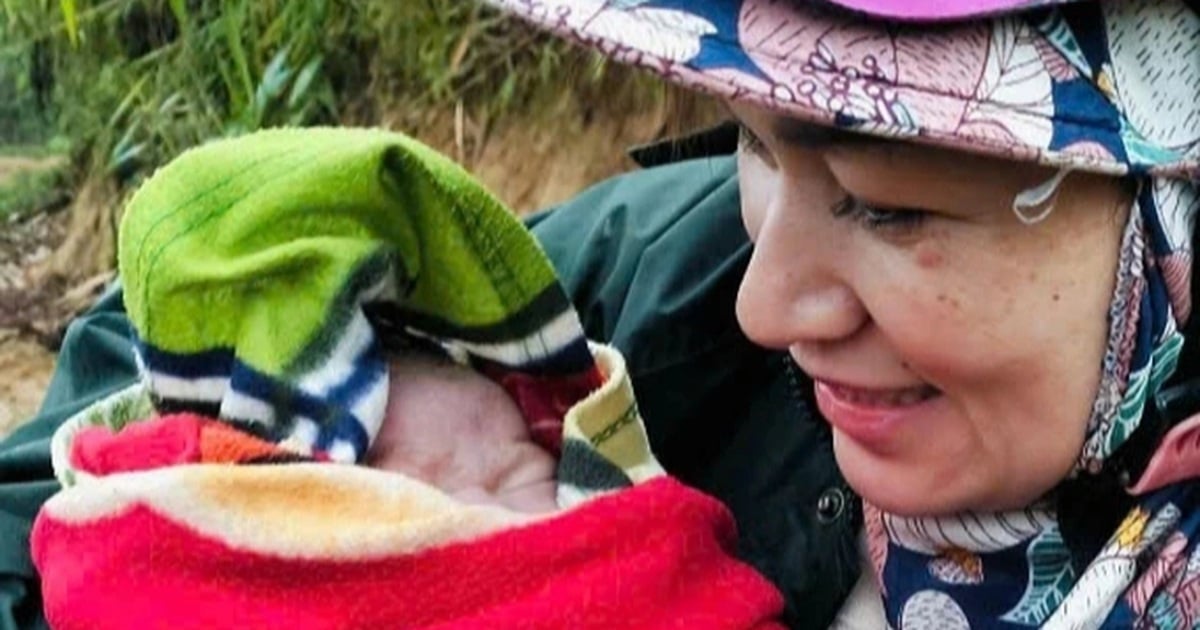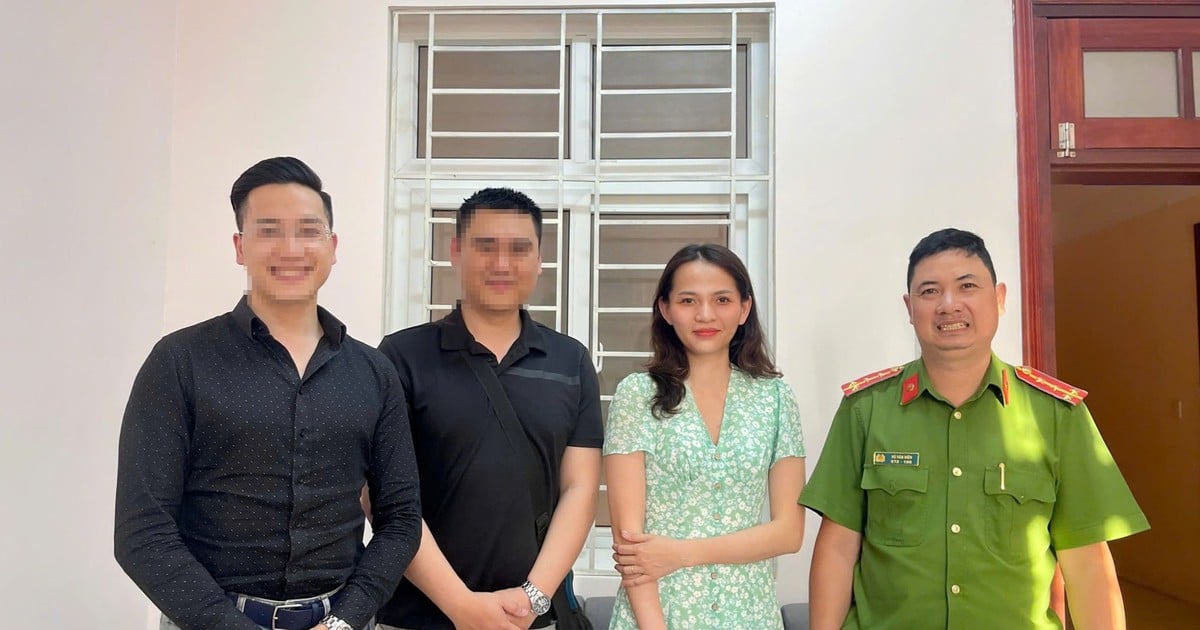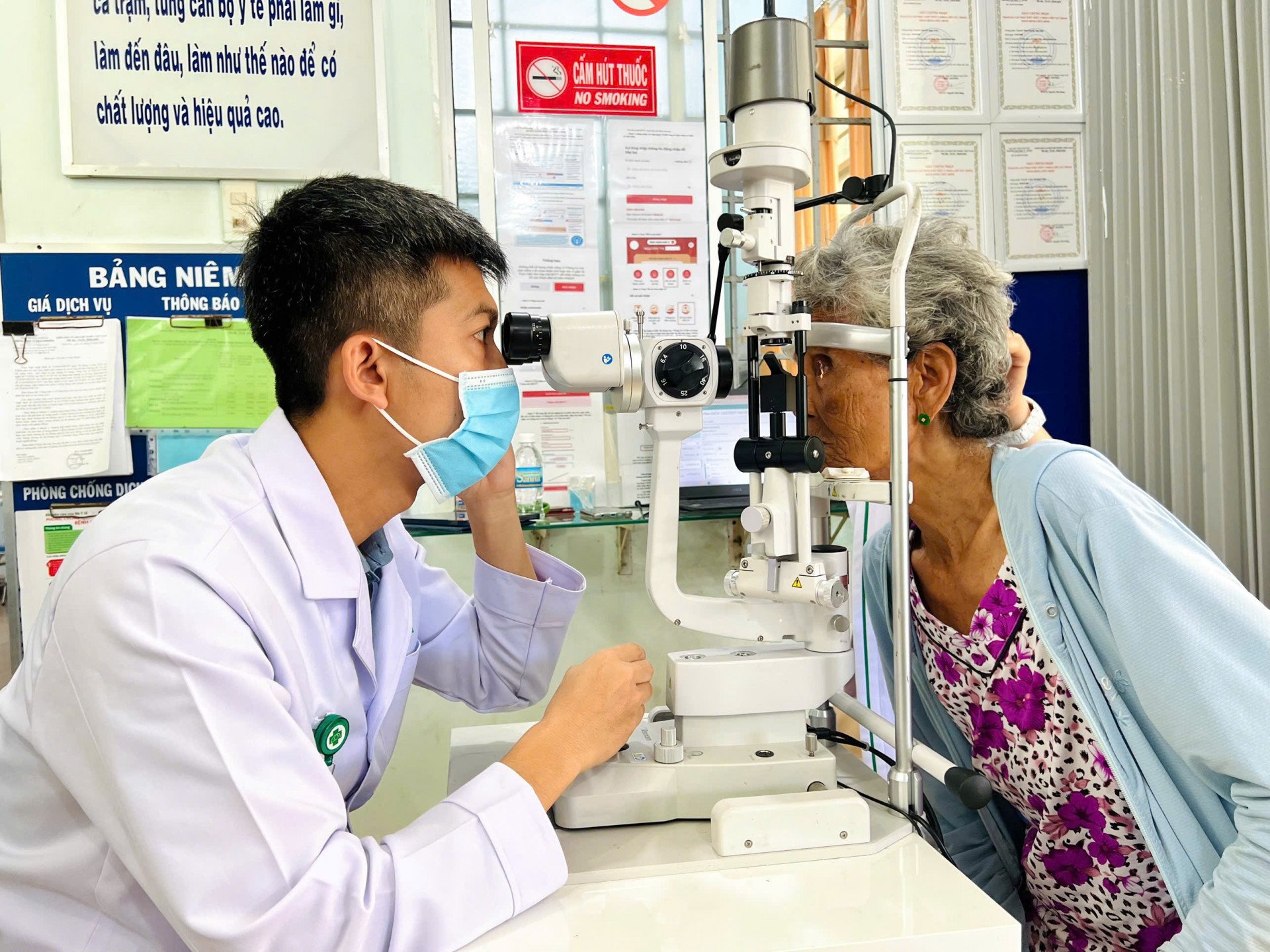Americans Natalie and Keldon Fischer live with their two dogs in a Seattle apartment with a huge savings account and travel every month.
“I really enjoy the DINK life,” says Keldon, a 30-year-old software engineer.
They have no debt other than the mortgage on their apartment. Each earns hundreds of thousands of dollars a year. Last year, they traveled once a month, to Italy, Mexico, Thailand and Finland.
The lifestyle they pursue DINK is an acronym for "dual-income, no kids." Although it is not a new trend, more and more couples are going public instead of keeping it quiet to avoid public criticism like before.
Natalie Fischer, 25, a full-time content creator, said being DINK means they have a lot of freedom, time, and money. She’s ready to have kids but is focused first on building a $1 million net worth by age 30.
“I knew that when I had children, I would have to take on more caregiving responsibilities and work less,” she said.

Keldon and Natalie Fischer, with their dog. Photo: WSJ
Videos promoting the DINK lifestyle have been viewed millions of times on social media platforms. Most feature couples announcing that they don’t want kids yet, so don’t ask; they probably won’t ever have kids and that childless life is great.
From DINK, the lifestyle is expanding to DINKWADs (couples with dogs), SINKs (single income, no kids), DINOs (similar to DINK) and even DINKYs (dual income, no kids).
Michigan State University psychology professor Zachary P. Neal, who studies childless adults, says that the lifestyle used to be stigmatized with views like “selfish, self-absorbed, gambling with the future, too career-oriented.” But DINKs are becoming more open and more numerous today.
“When more people start publicly identifying as childless, it helps create a more open and welcoming environment,” says Neal.
In a 2021 Pew Research Center survey, 44% of 18- to 49-year-olds said they were unlikely to have children, up 7% from 2018. Reasons included economic constraints, concerns about the state of the world, and simply not wanting to. Many young adults are waiting longer to have children than previous generations.

Brenton and Mirlanda Beaufils. Photo: WSJ
Brenton and Mirlanda Beaufils, both in their 30s, have been together for more than a decade and say they are often asked if they plan to have children. But they aren't ready to give up their DINK lifestyle.
For example, on a trip to Las Vegas, they partied by the pool, dined at famous restaurants, visited casinos, completely losing track of time until 5am.
And when Brenton, 32, who works in property management, was offered a new job that required him to move to a new city in just two weeks, the couple moved from Boston to Dallas in just one week.
“We go wherever the wind blows. We like that about our relationship,” said Mirlanda, a 30-year-old real estate agent.
In Dallas, people around them were often curious and pressed them about having children. But Mirlanda, who wanted to be a mother someday but was in no rush, countered: "Are you willing to babysit for me? If you can't, don't ask me again."
Norelle Marquez used to imagine having children around the age of 24 or 25. But lately, the 26-year-old no longer sees them in her future.
The professional photographer and her husband, Robert Marquez, a 28-year-old Marine, are debt-free and have a steady budget for their Dallas-area family. “Being DINK is pretty comfortable,” she says.

Norelle Marquez and her husband. Photo: WSJ
Norelle appreciates the DINK lifestyle that allows her to provide for her family. Her mother raised her and her brother on her own, so she recently gifted her a washer, dryer, flooring, a car, and more.
When she shared the quirks and joys of being a DINK, she was met with much agreement. “TikTok has reinforced my resolve to be a DINK and know that it’s okay.”
Family doesn't have to be blood related, Robert added.
Ultimately, whether or not to have children is a reversible decision. “We’re all DINK (two income, no kids) or DINKY (two income, no kids) at some point in our lives,” says Holly Hummer, Ph.D., a professor at Harvard University.
Bao Nhien (According to WSJ )
Source



![[Photo] Overcoming all difficulties, speeding up construction progress of Hoa Binh Hydropower Plant Expansion Project](https://vstatic.vietnam.vn/vietnam/resource/IMAGE/2025/4/12/bff04b551e98484c84d74c8faa3526e0)



![[Photo] Closing of the 11th Conference of the 13th Central Committee of the Communist Party of Vietnam](https://vstatic.vietnam.vn/vietnam/resource/IMAGE/2025/4/12/114b57fe6e9b4814a5ddfacf6dfe5b7f)












![[Photo] Ba Duong Noi village kite festival receives national intangible cultural heritage](https://vstatic.vietnam.vn/vietnam/resource/IMAGE/2025/4/12/d25e0dec90c840e58a24e53f252efbb3)









































































Comment (0)